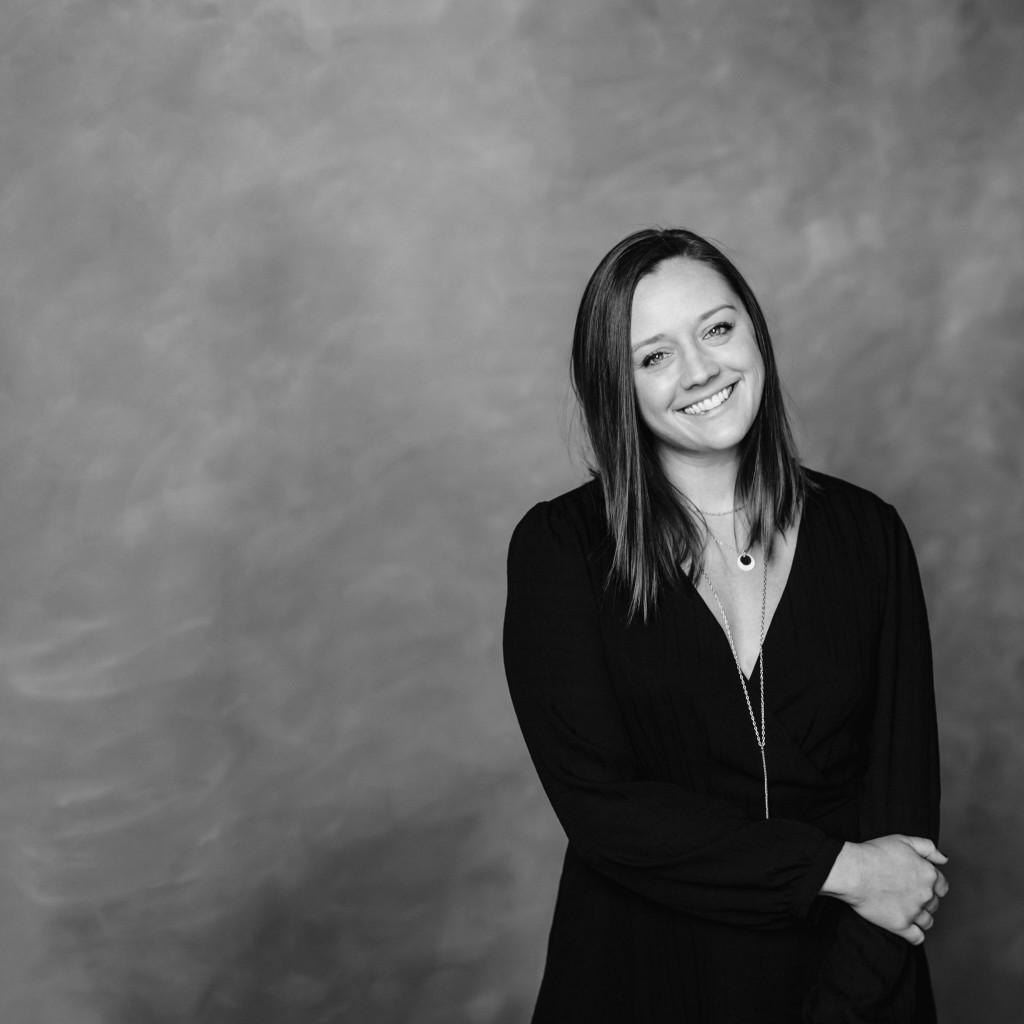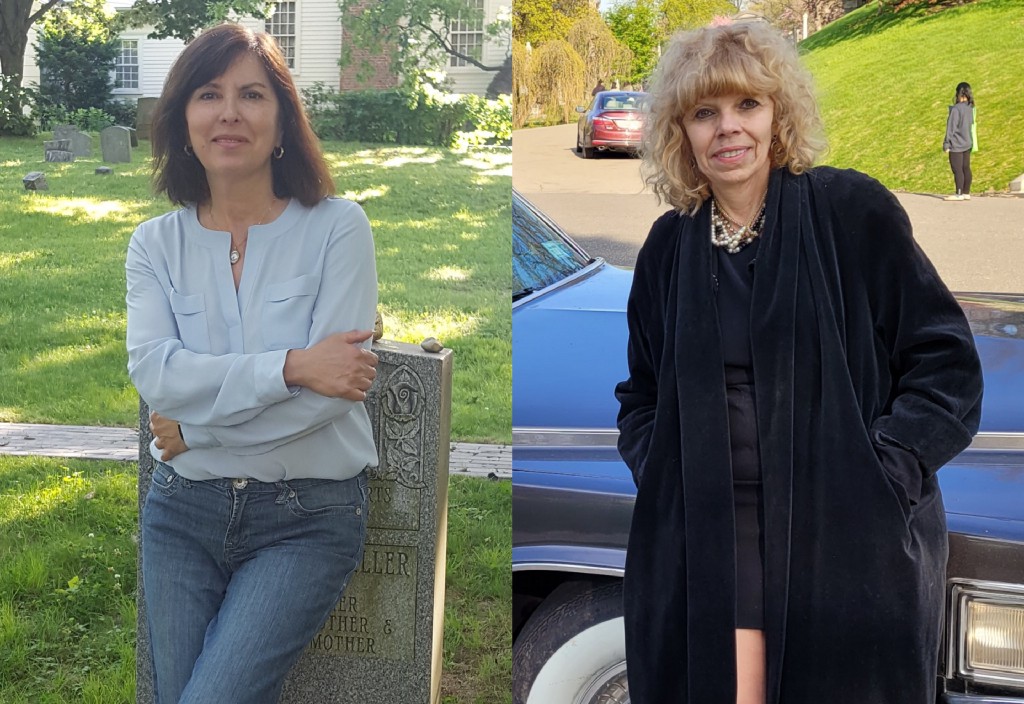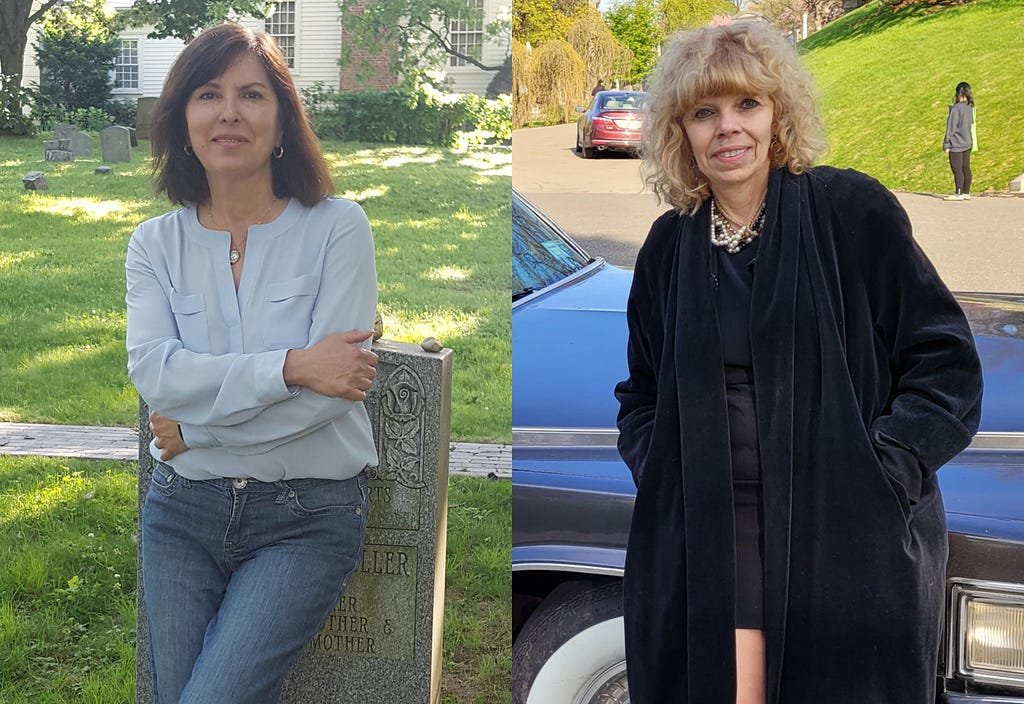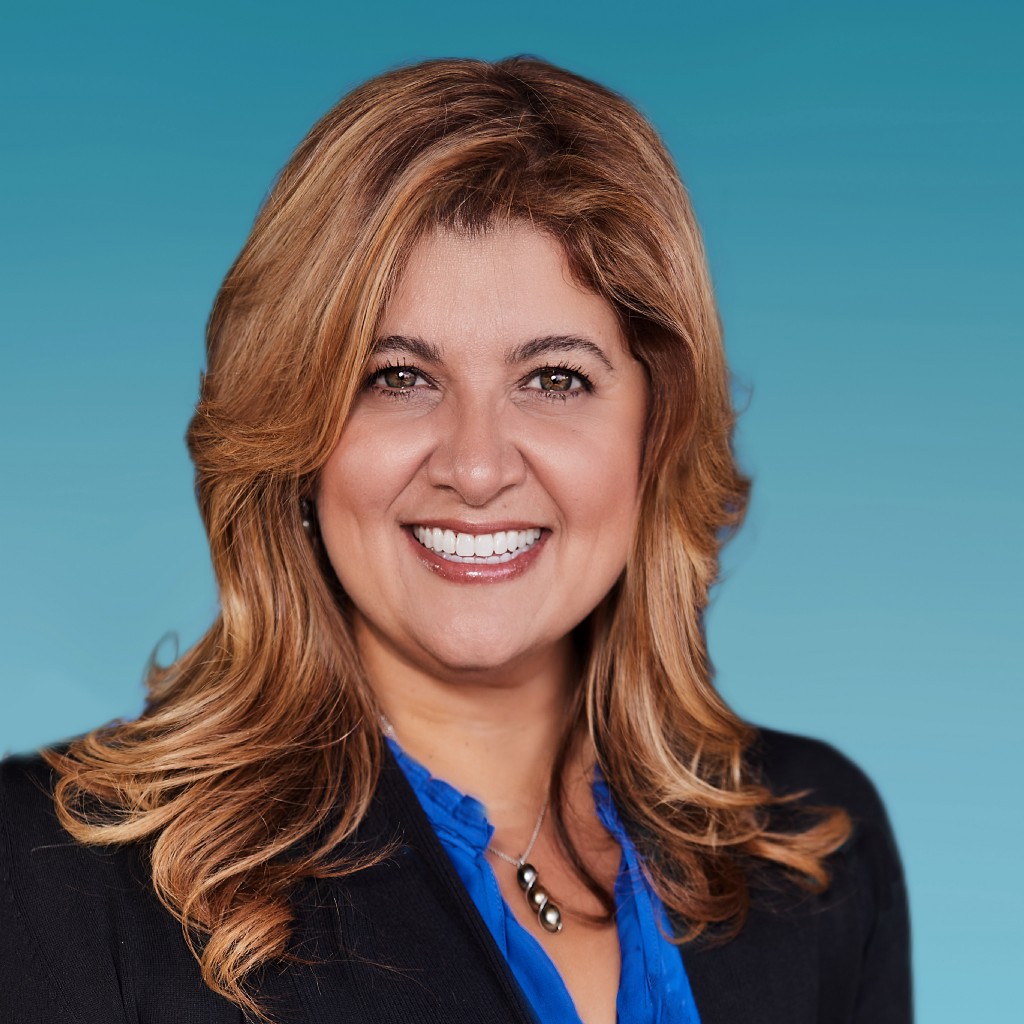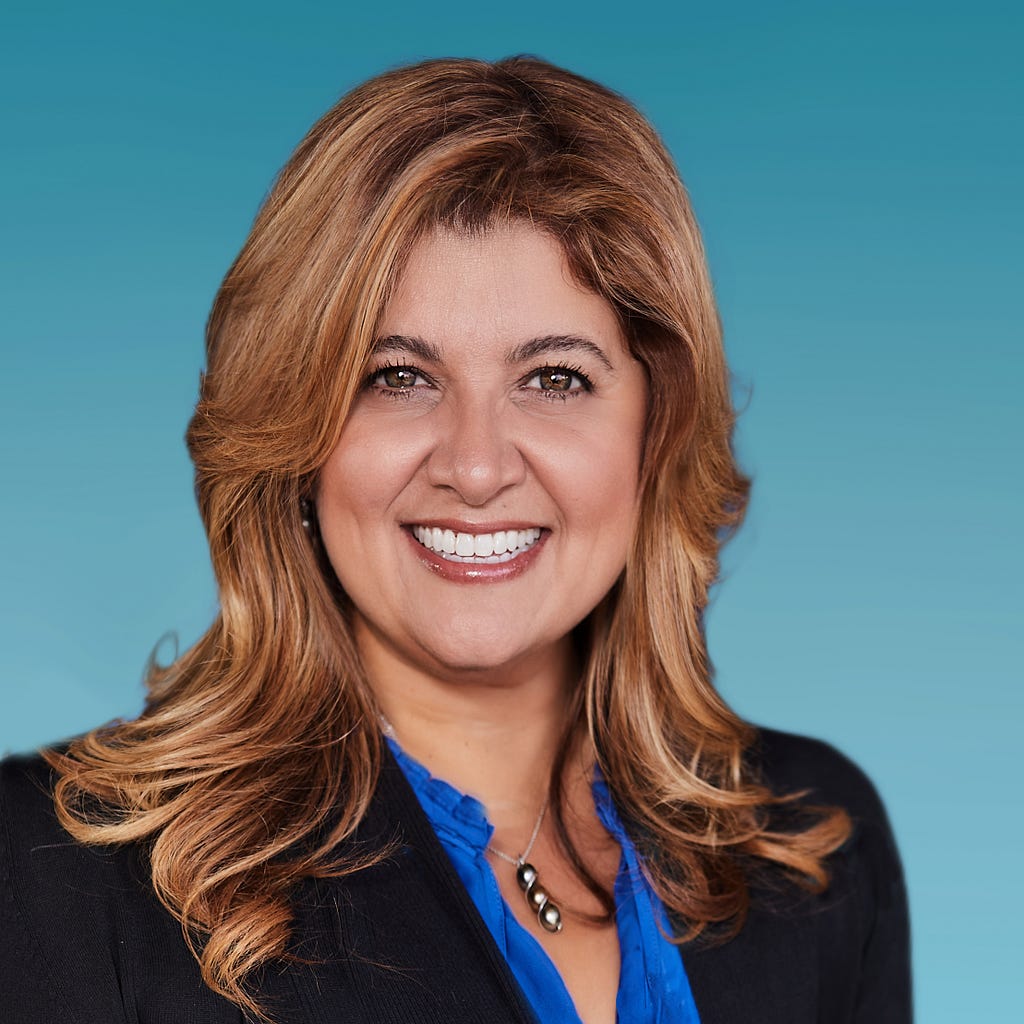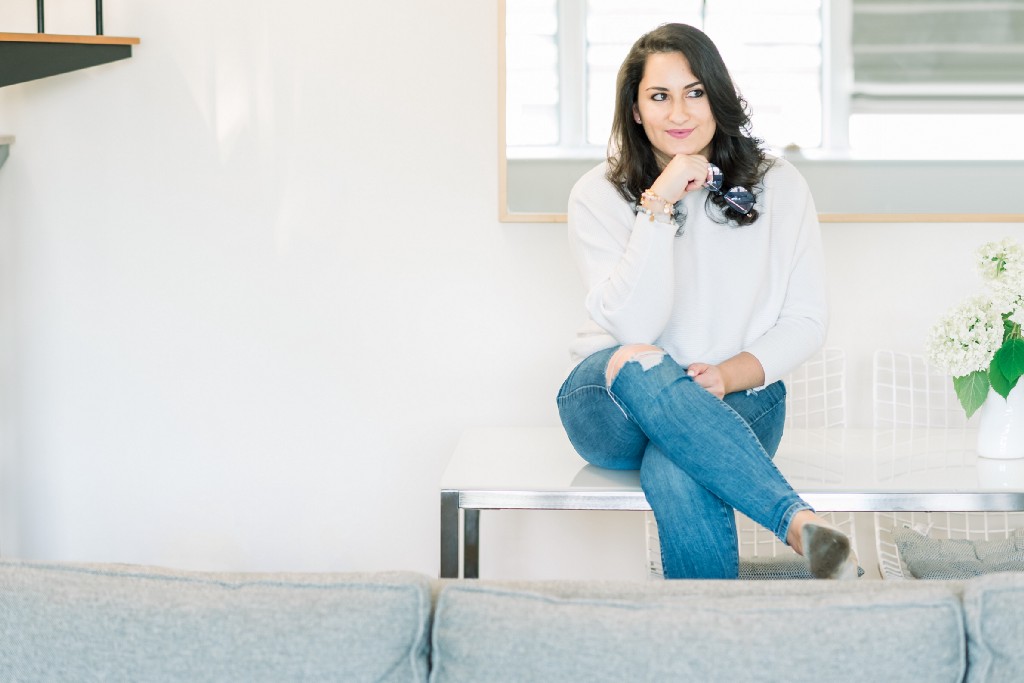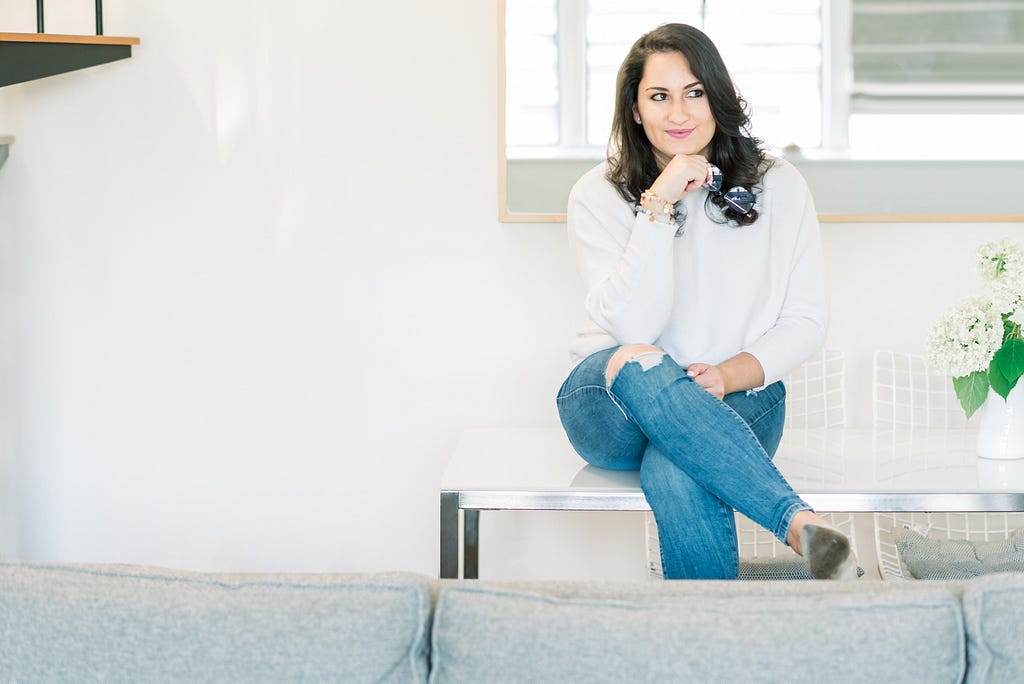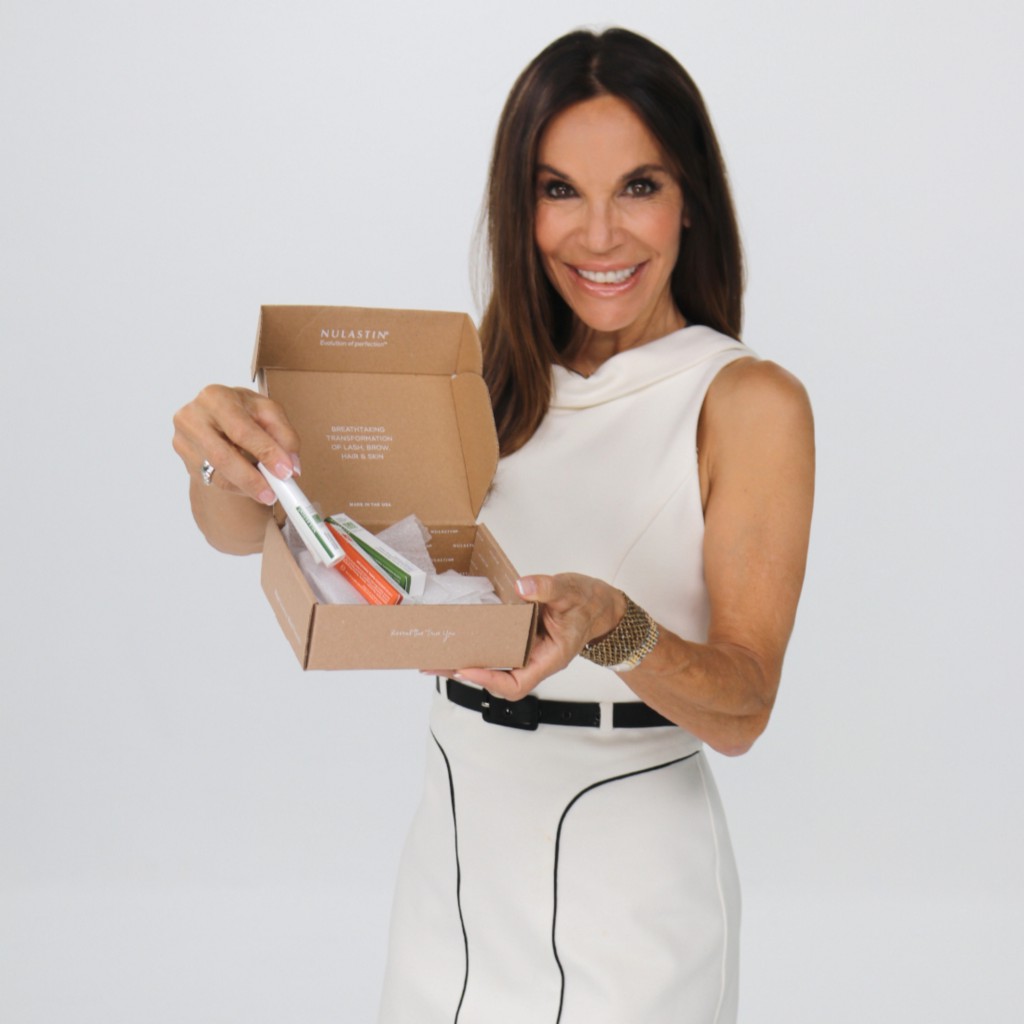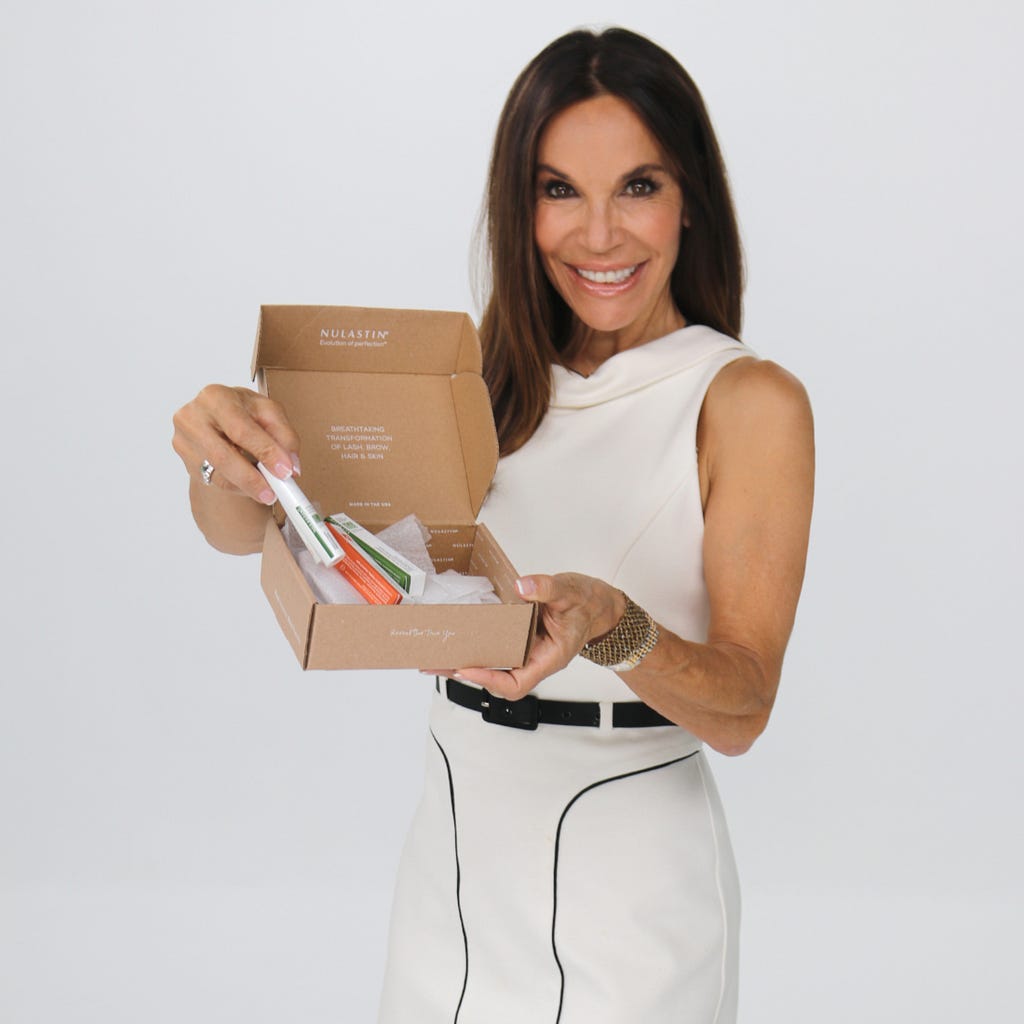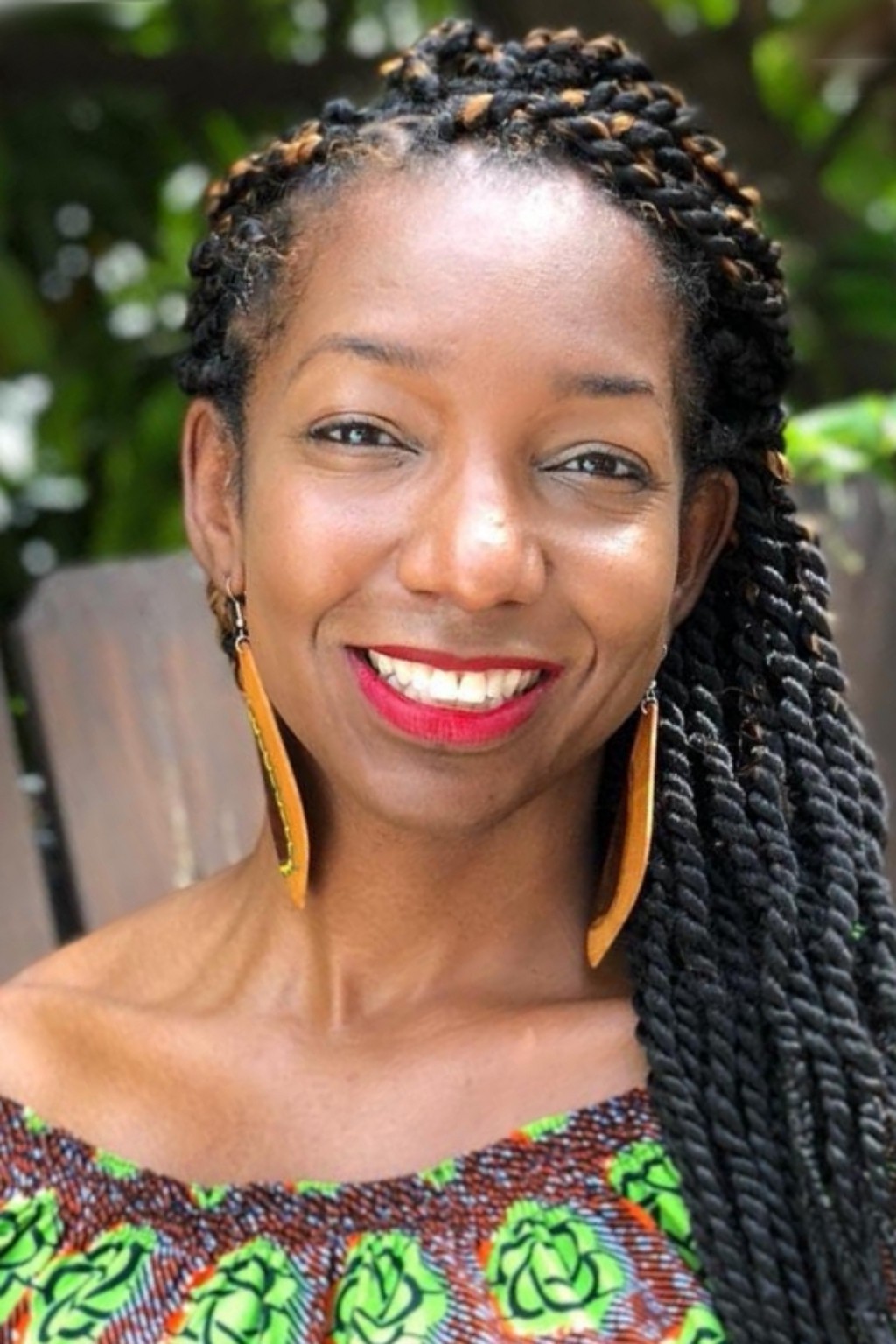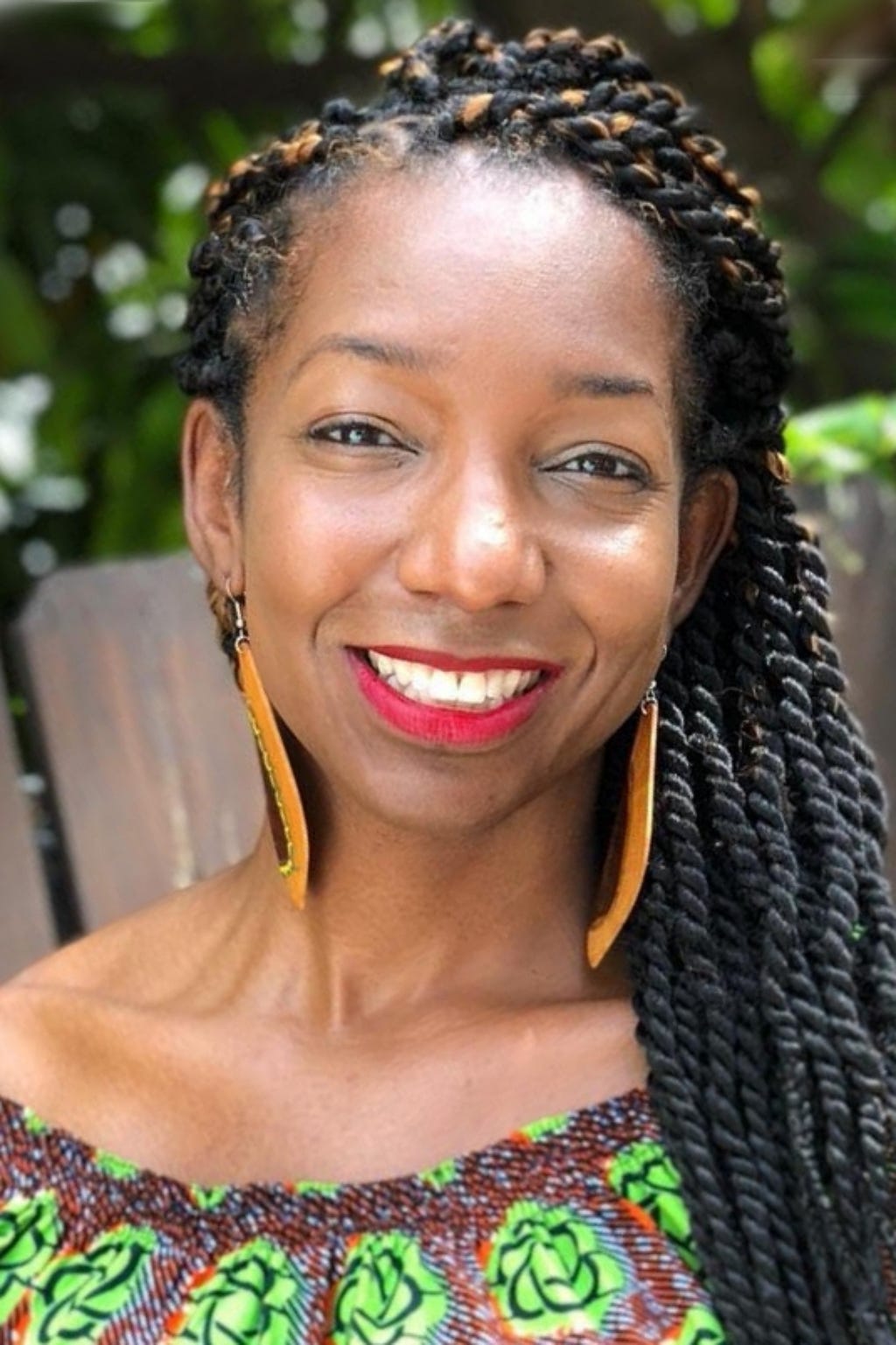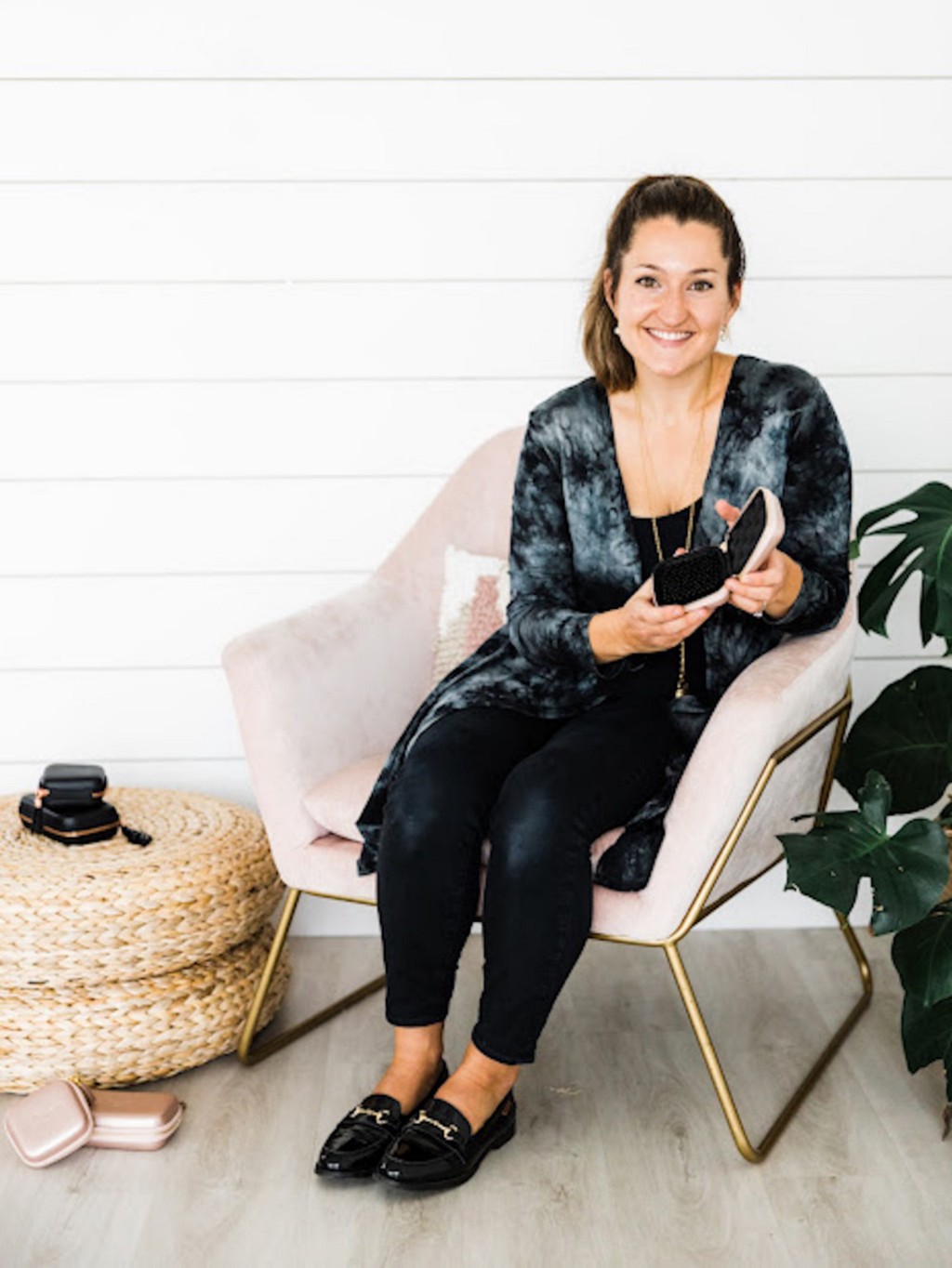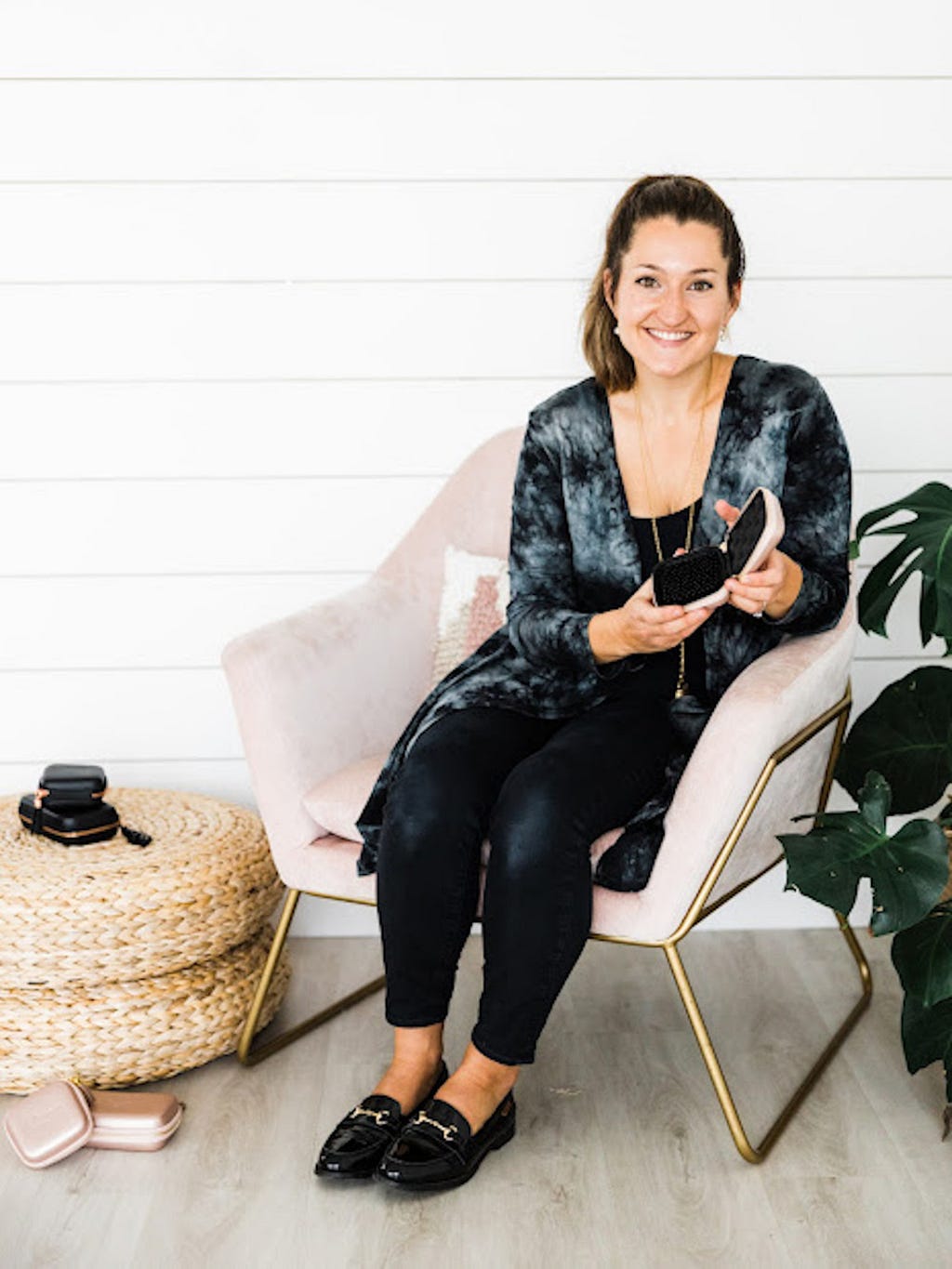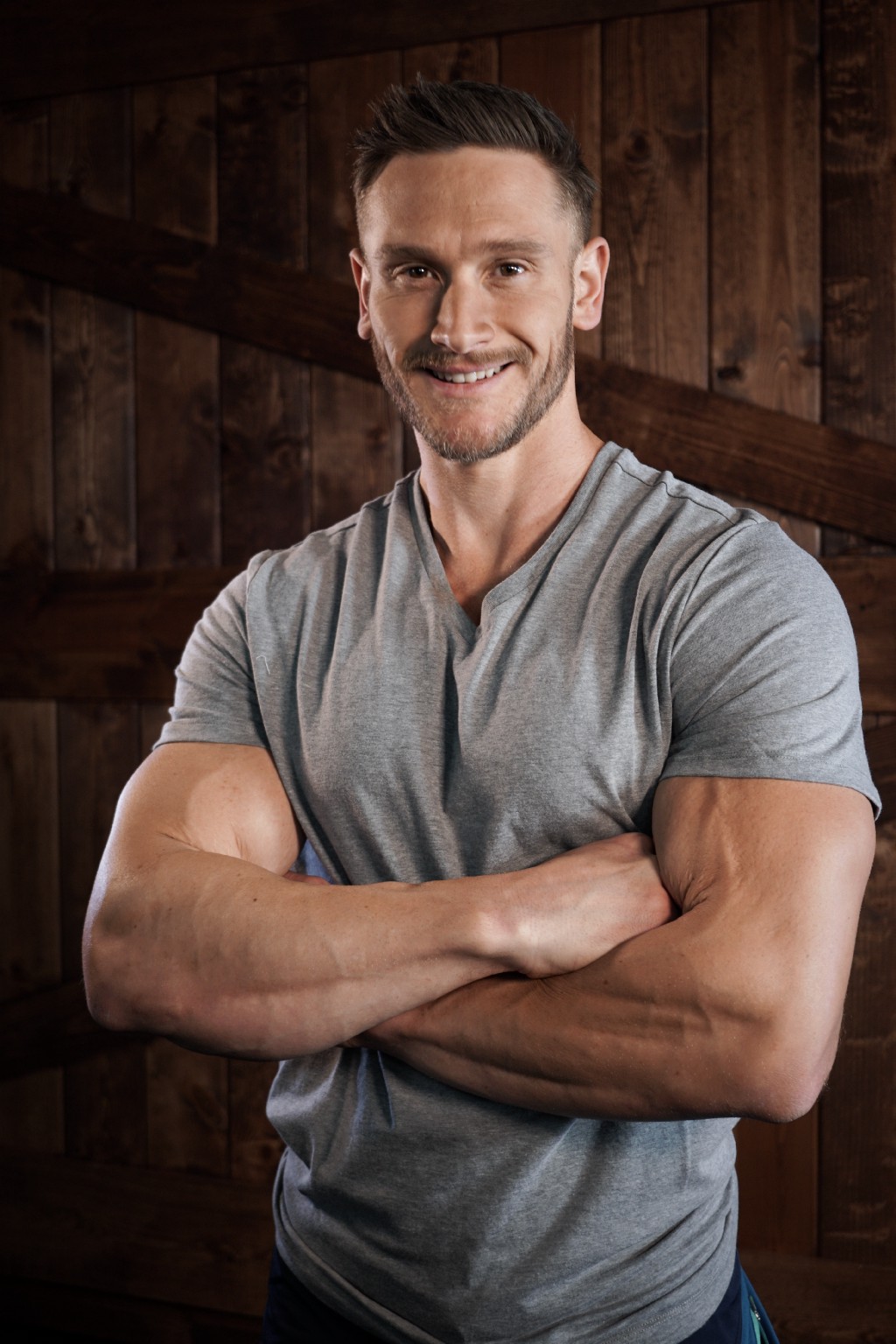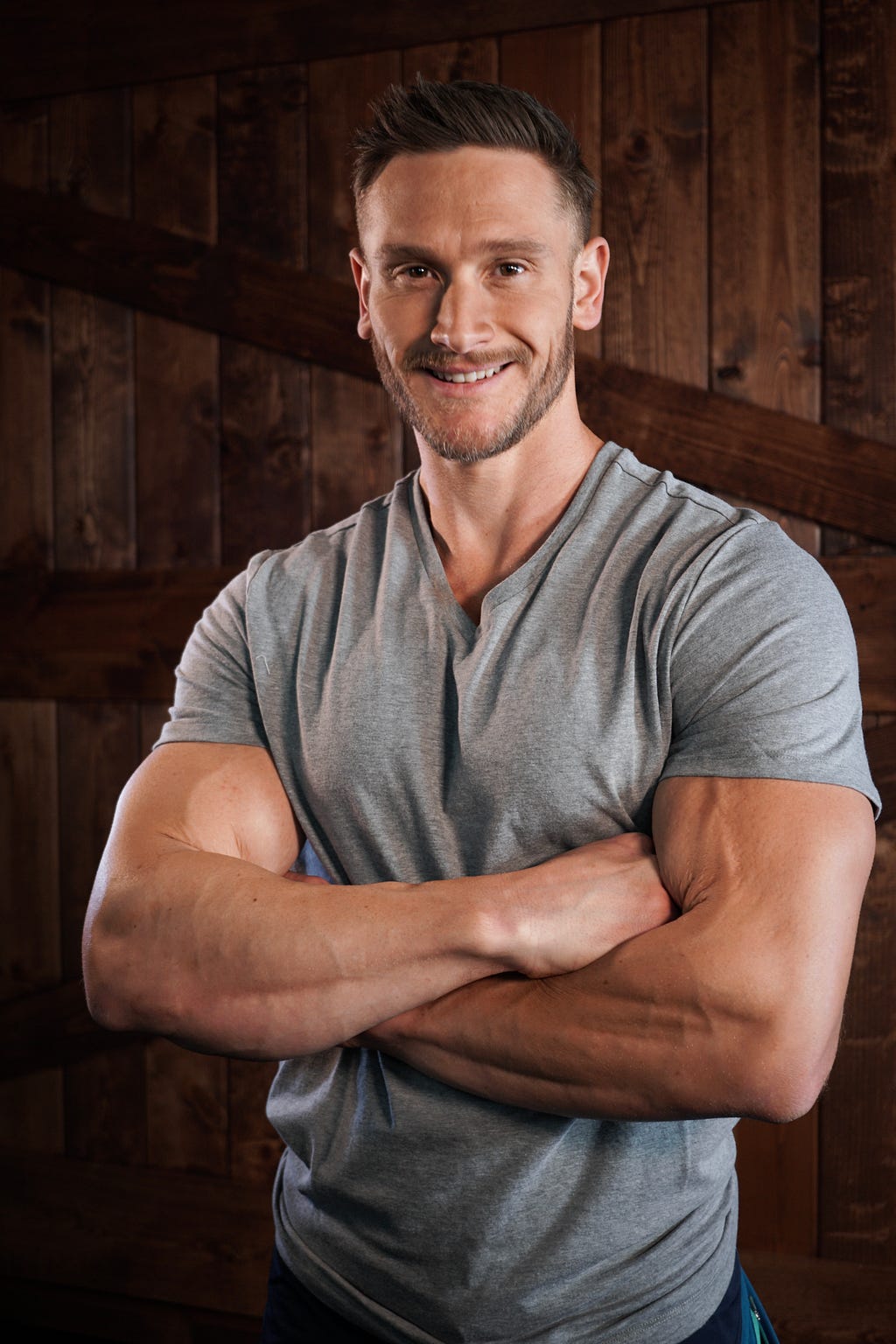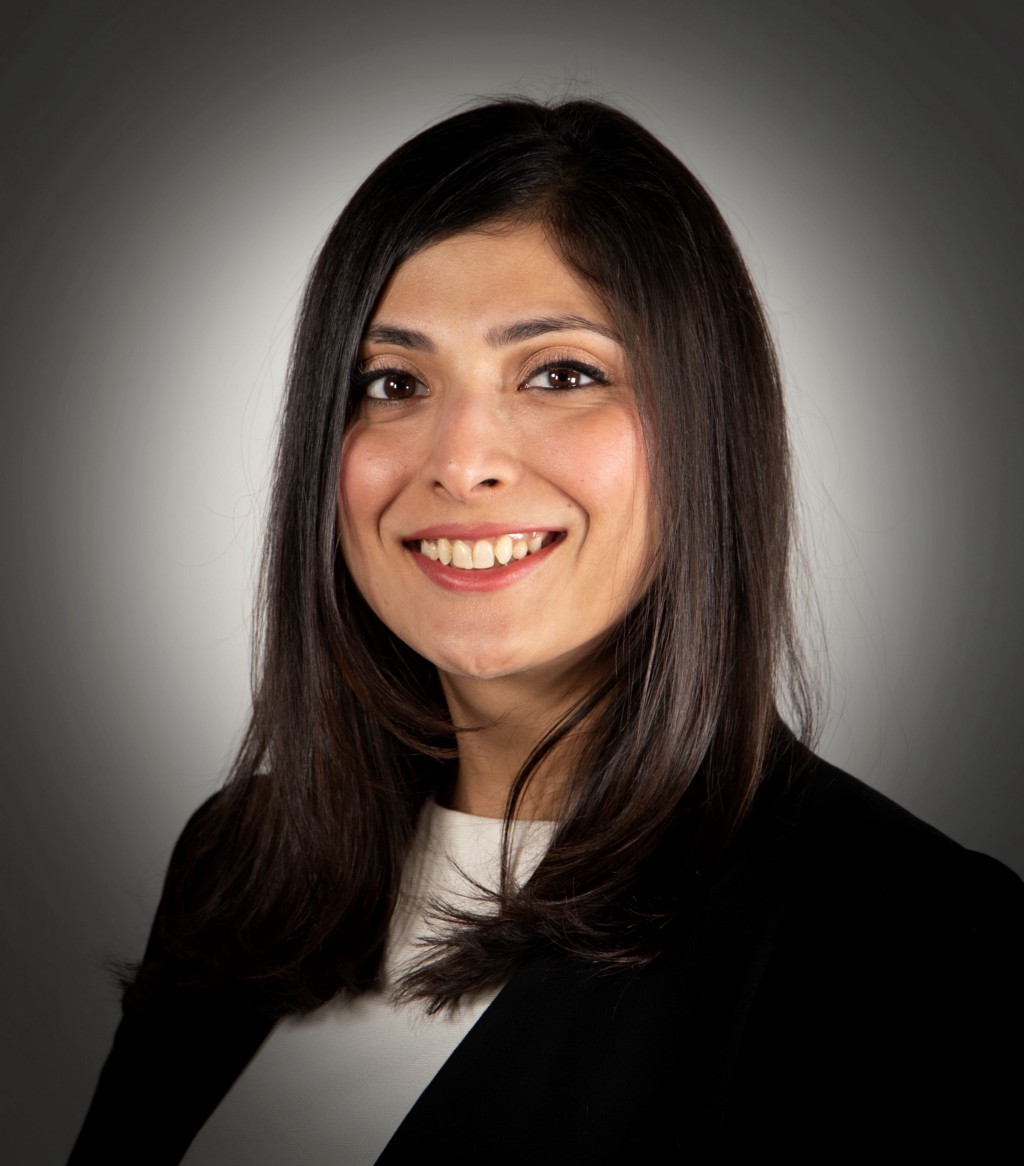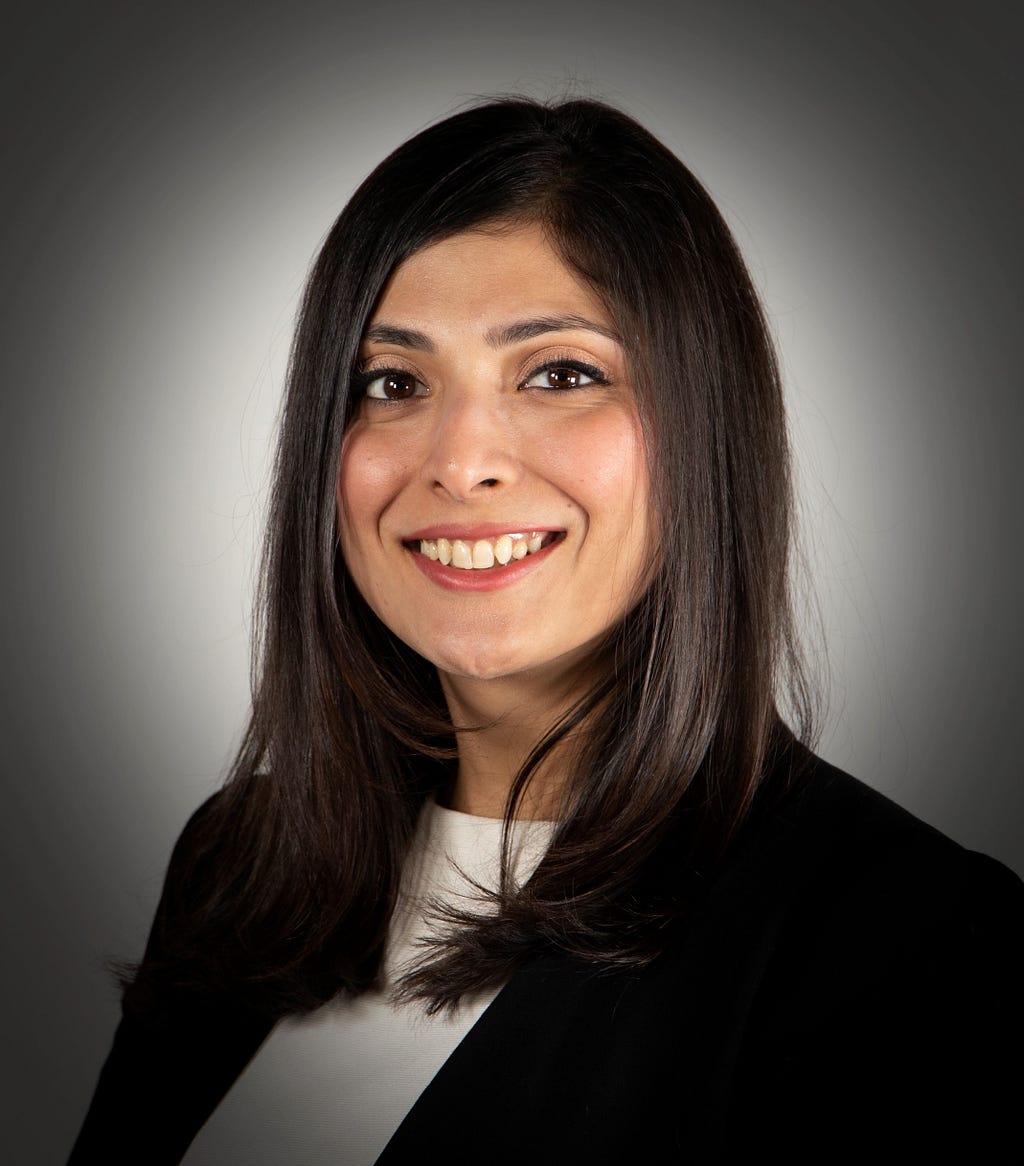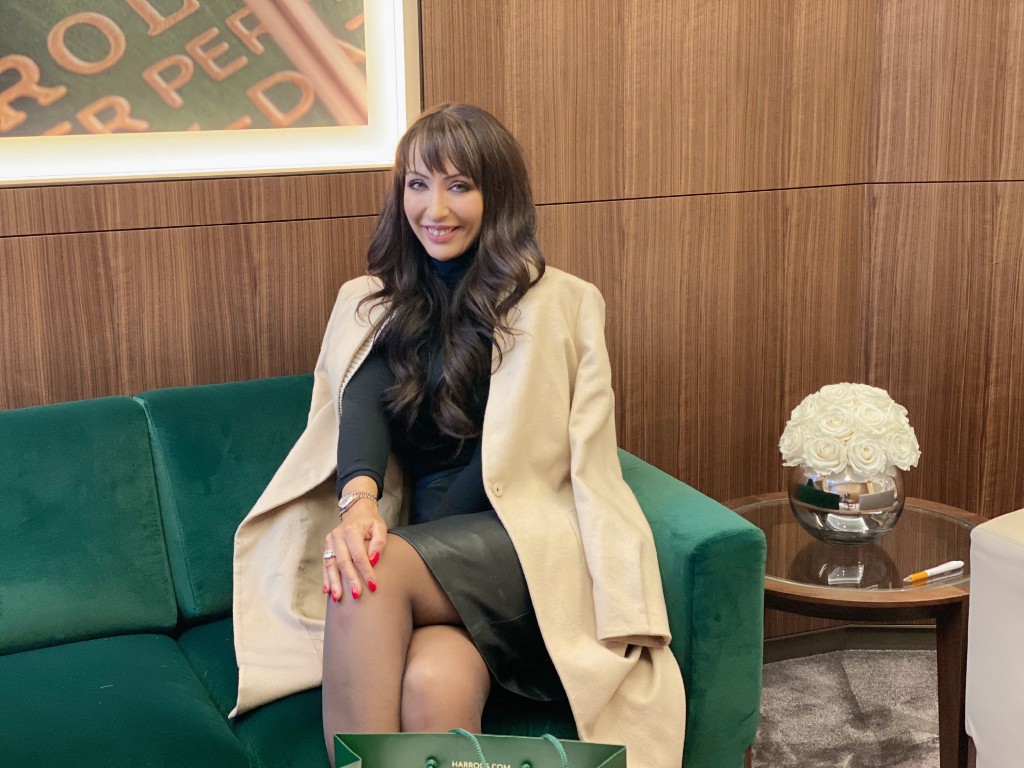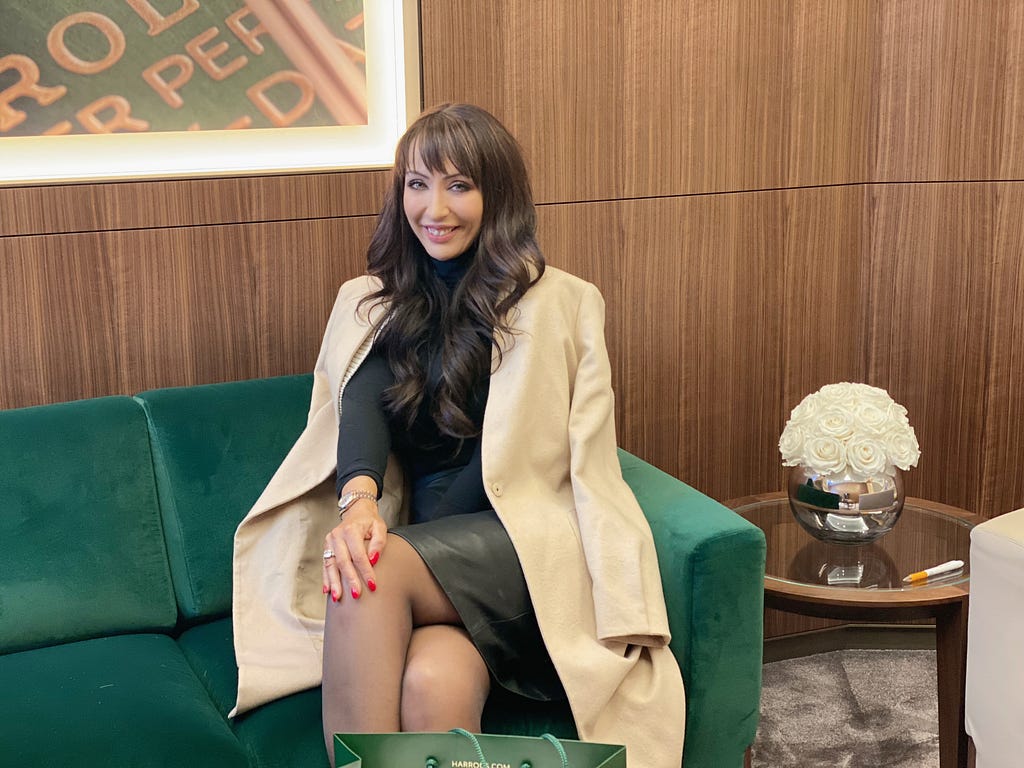Women In Wellness: Annalicia Niemela of Exercise180 On The Five Lifestyle Tweaks That Will Help Support People’s Journey Towards Better Wellbeing
An Interview With Candice Georgiadis
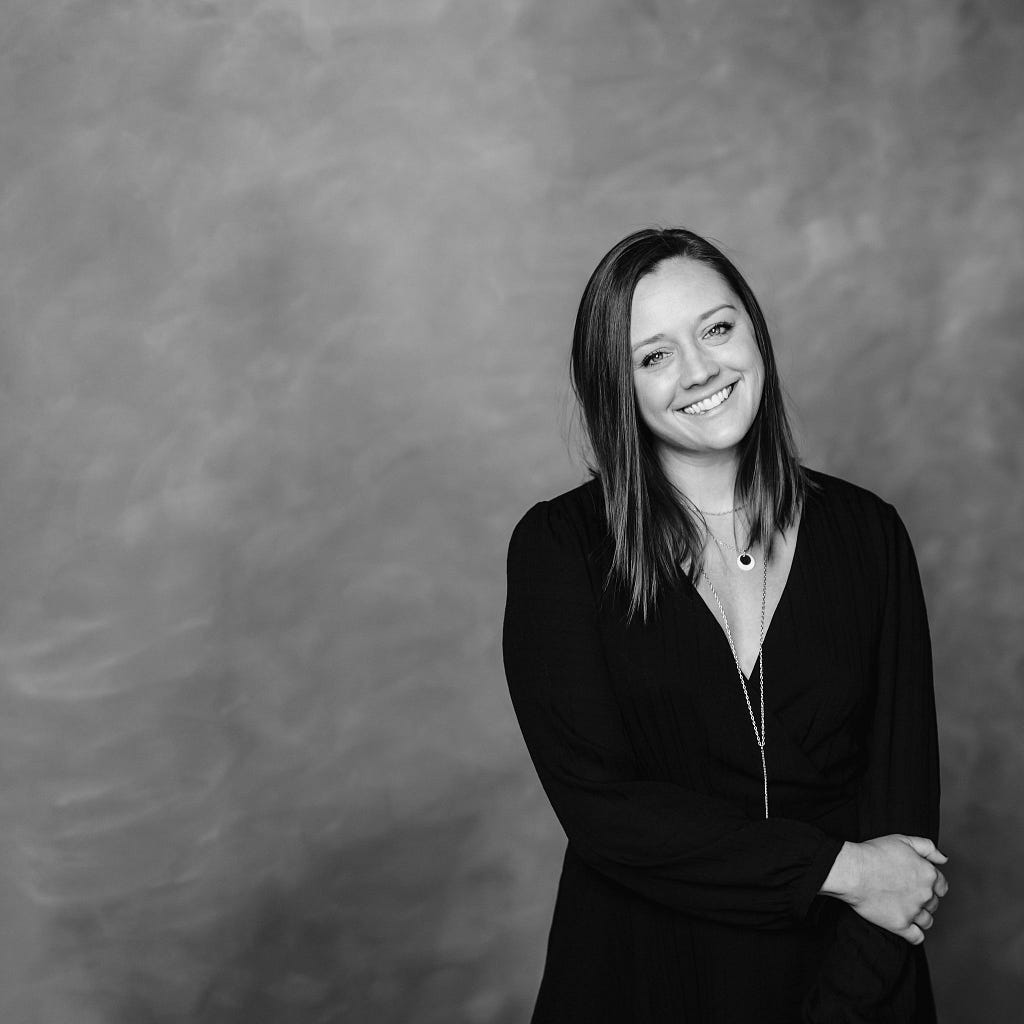
Stop praising willpower. — We often think that the key to not “falling off the bandwagon” with our healthy habits is mustering up more willpower. But what if the real problem is thinking you have to rely on willpower in order to sustain your health habits in the first place? The reality is that willpower if a very limited resource. So it’s actually is not wise or even realistic to think you can “fuel” your life with it.
As a part of my series about the women in wellness, I had the pleasure of interviewing Annalicia Niemela.
Annalicia helps individuals who not only want to be fit and healthy, but want to be fit and healthy, long term, and in a way that doesn’t mess with their heads (or their kids’ mental health). Her groundbreaking philosophy helps people find their unique, healthy-living sweet spot (where success, sustainability and peace of mind all coexist). She’s the leader of the Exercise180 Movement which is helping people around the world become among the strongest, healthiest people they know (in body and mind) and is helping them create real, positive change for the next generation.
Thank you so much for joining us in this interview series! Our readers would love to “get to know you” better. Can you share your “backstory” with us?
My health journey began when I was 18 and heard about the “Freshman 15” for the first time. Prior to hearing about the “Freshman 15” I didn’t think much about my health or my weight. I was a three-sport athlete in high school so I got the exercise I needed simply by showing up for my games and practices. And, like most high school kids, I ate the meals that were prepared for me and whatever was in my house for snacks.
So, I’m 18 years old, I’m thin and I’m fit, but I suddenly realized that could all change very quickly. And, even though I didn’t think much about my weight prior to that, the idea of gaining weight started to really scare me. All I wanted was to stay thin and fit, but I didn’t really have any health habits in place, I didn’t really know what it meant to be healthy or how to do it on my own.
I got to work and established rules about food and strict exercise routines. I told myself there was no excuse for me not getting to the gym. So, I went…
Every. Single. Day.
It didn’t matter how I was feeling, emotionally, and it didn’t matter how I was feeling, physically. I never allowed myself to miss a workout because, “I didn’t feel like it.” I was the perfect poster child for the “no excuses” fitness philosophy.
My obsession with exercise escalated to a point where I would work out even if I was sick. I was obsessed with exercise, obsessed with rules around food, and obsessed with my weight. It was far from healthy. Anxiety and exhaustion dominated my life and escalated to a point where I was finally willing to consider that there might be a better way.
I sought out training in different health modalities, like yoga and health coaching, that promoted listening to your body and your feelings and I eventually found relief from my fear of food, my anxiety and my exhaustion. After about a decade of practicing this new way of being healthy, my life had completely transformed. I had become a different, happier, healthier individual. I had truly found my healthy-living sweet spot where success, sustainability and peace of mind can all coexist!
Can you share the most interesting story that happened to you since you started your career? What were the main lessons or takeaways from that story?
It’s a very interesting experience to do live television segments and to be in a studio where there are only 20 or so individuals actually in the space with you (camera people, producers, etc), but to know your content is being immediately seen by thousands more. That unique blend of a small, personalized feel with immediate, larger impact has taught me a lot about being present and trusting myself in the moment.
Can you share a story about the biggest mistake you made when you were first starting? Can you tell us what lesson you learned from that?
When I first started, I was focused mostly on arriving at my goals instead of focusing on the process of becoming who I needed to be to reach those goals. Forcing achievement can work, short-term, but it’s never sustainable and often comes at a high price. These sacrifices that I’ve made in pursuit of external accolades have taught me to focus less on results and more on who I’m being and how I’m thinking.
Let’s jump to our main focus. When it comes to health and wellness, how is the work you are doing helping to make a bigger impact in the world?
I help people get stronger in body, mind and spirit. Healthy 180 transformations are possible and I help people exercise their power to make them happen! I’m the leader of the Exercise180 Movement which is helping people around the world become among the strongest, healthiest people they know (in body and mind) and is helping them create real, positive change for the next generation. E180 helps people change the way they think about their bodies and health and leads them to begin thinking about life, in general, in more-positive, empowered and constructive ways.
Can you share your top five “lifestyle tweaks” that you believe will help support people’s journey towards better wellbeing? Please give an example or story for each.
1.) Add in, don’t cut out.
I used to be a person who had a bunch of rules around food. It was exhausting and it always seemed to backfire. I would, for example, set the goal of NO TREATS for a week . But during that week, treats were always on my mind. Then, if I did end up making it the entire week without eating treats, the first thing I would do to celebrate…the first thing I would do to reward myself…would be by eating treats.
So when it came to being healthy long-term and when it came to being healthy with ease, nothing really changed. I would reach my goal, but there I was again…under the spell of treats.
When I gave myself permission to focus on what I would add in vs. what I was going to cut out — that’s when things started to change for me.
I love this wisdom from Joshua Rosenthal (who is the founder of Integrative Nutrition, the health coach training school I went to). He says, “Add in to crowd out.”
What are a few important things I focus on “adding in” in my life on a regular basis? Water, movement, fruit & veggies, and deep breathing.
2.) Maximize fun and satisfaction.
You have permission to mold everything about your health to a feeling that equals satisfaction for you. In other words, you have permission to find the right yoga class for you. You have permission to drop your yoga class and go to the treadmill and watch a movie while you work out. There are always ways to make health habits more fun, more satisfying, easier and/or more delicious.
3.) Stop praising willpower.
We often think that the key to not “falling off the bandwagon” with our healthy habits is mustering up more willpower. But what if the real problem is thinking you have to rely on willpower in order to sustain your health habits in the first place? The reality is that willpower if a very limited resource. So it’s actually is not wise or even realistic to think you can “fuel” your life with it.
4.) Focus on thinking better.
When it comes to getting healthier, it’s crucial to NOT just focus on your behavior (what you’re doing or not doing and the results you’re getting or not getting). But it’s ALSO crucial to focus on what you’re thinking and who you’re being. And, ultimately, how you’re feeling.
What I’ve learned is, in order to find your healthy-living sweet spot (where success, sustainability and peace of mind can all coexist), you MUST bring “intangibles” into the conversation. Put another way…
Thinking better must be a priority.
A natural byproduct of thinking better is doing better. Meaning, when you begin to think better, you won’t have to force yourself to do better…it will happen, naturally, and will be sustained, naturally. Valuing life’s “intangibles” is absolutely key to finding that sweet spot where success, sustainability and peace of mind all come together.
5.) Think holistically.
If you’re “robbing Peter to pay Paul”, if you’re wreaking havoc on important aspects of your life in pursuit of improving your physical health, is that truly healthy?
The answer is — no.
The time has come for us all to have a higher standard for what we label as “healthy” and the only way to make that happen is to not only 1.) bring the intangibles into the conversation, but also 2.) STOP compartmentalizing life…we must make the conversation broader, more holistic.
If you could start a movement that would bring the most amount of wellness to the most amount of people, what would that be?
I started the Exercise180 Movement nearly four years ago to bring the most amount of wellness to the most amount of people. What follows is our manifesto.
The E180 Manifesto
My name is ___________ and I’m a part of a grassroots group of individuals who came together because, when it comes to getting healthier, we had a suspicion that there had to be a better way.
We tried and failed and fell off the bandwagon enough times to realize the truth in Albert Einstein’s words, “Insanity: doing the same thing over and over again and expecting different results.”
So instead of repeating what didn’t worked in the past, we decided to investigate what could actually work for us moving forward. We are having a completely different conversation about health and food and exercise than you’re used to hearing. Completely different.
We do not believe that more self-discipline or accountability is required to become healthier. Science has proven that willpower is a very limited resource. Instead of denying this truth and expecting ourselves to run our lives on something that’s guaranteed to run out, we have decided a different kind of “fuel” is required. We don’t think deprivation leads to good things. We do not believe in the attitude of no excuses. We do not believe that pushing through is a virtue or that it’s wise to label certain things in your life as “non-negotiable”.
And this does not make us weak. On the contrary! We are likely among the strongest people you will ever meet…in body and mind. Our strength increases each time we reclaim our power from what doesn’t work and, instead, put our time, money and attention behind what does. It is 180 shifts like these that our transformation is built upon.
We are the initiators of true change and the builders of a healthier tomorrow. We exercise 180.
What are your “5 Things I Wish Someone Told Me Before I Started” and why?
1.) Embrace mess.
Mess is the mark of a maverick…one who thinks beyond, one who creates beyond, one who becomes beyond that which has been before. The mess, the swirl of uncertainty, the dust of disappointment, the tornado of ideas are all natural as better becomes.
2.) Show yourself and others grace.
Strength is not the same thing as rigidity. A healthy mind is a flexible mind. And a healthy heart is one that softens easily.
3.) Check in with yourself often.
Others will have opinions about your journey so it is very important that you establish a strong rapport with yourself so you’re able to hear your intuition through the “noise” of others’ opinions.
4.) Mold things into place.
You always have permission to err on the side of simple and set yourself up for easy success in pursuit of becoming better. Baby steps always, eventually (and sooner than you think), lead to big progress.
5.) Be patience with your process.
For seven years, the bamboo plant looks like it is making no progress. Then, almost overnight, it shoots up into a towering stalk. During the seven years of seemingly no progress, the bamboo plant was actually creating complex root systems to ensure its long-term wellbeing. This is a great metaphor to keep in mind on your journey! When it seems like you’re making no progress, maybe what’s actually happening is you’re deepening your roots and establishing a more-solid foundation for your success.
Sustainability, veganism, mental health and environmental changes are big topics at the moment. Which one of these causes is dearest to you, and why?
As someone who neglected her peace of mind in pursuit of physical “health” goals, mental health is dearest to me. Because of my personal perfectionistic struggles in pursuit of trying to become better, I’m committed to being a new kind of leader in the health, fitness and personal-development world. One that not only concerns herself with people’s behaviors, what they’re doing or not doing to get healthier, but one who also values the thoughts, feelings and intentions behind people’s behaviors. One who not only gives credence to what can be measured, seen and tracked, but one who also gives credence to the motives and values we’re living and teaching to the next generation.
What is the best way our readers can follow you online?
I’d love to connect on Instagram @exercise180 and you can learn more about the E180 Movement at www.Exercise180.com/Join-Now.
Thank you for these fantastic insights!
Women In Wellness: Annalicia Niemela of Exercise180 On The Five Lifestyle Tweaks That Will Help… was originally published in Authority Magazine on Medium, where people are continuing the conversation by highlighting and responding to this story.


